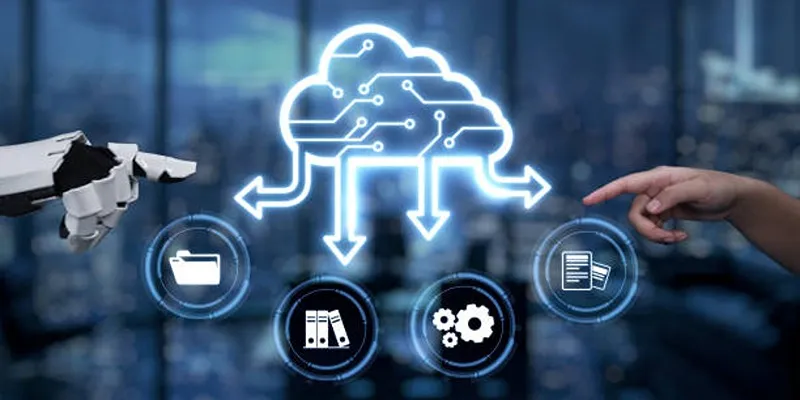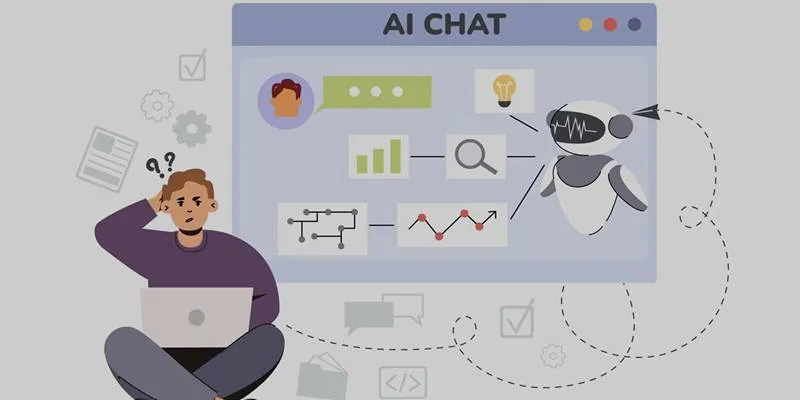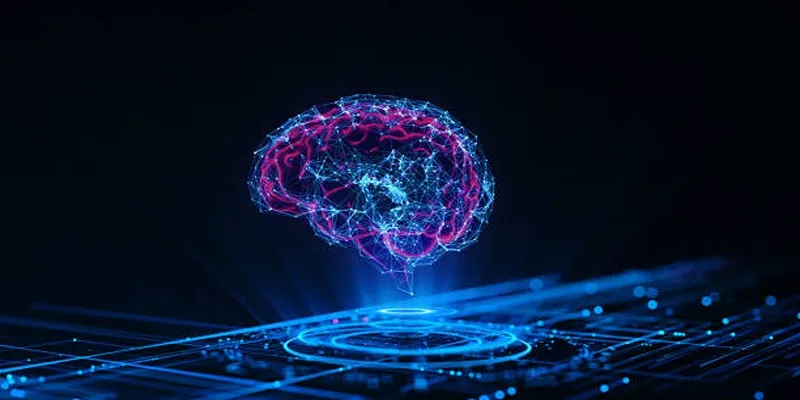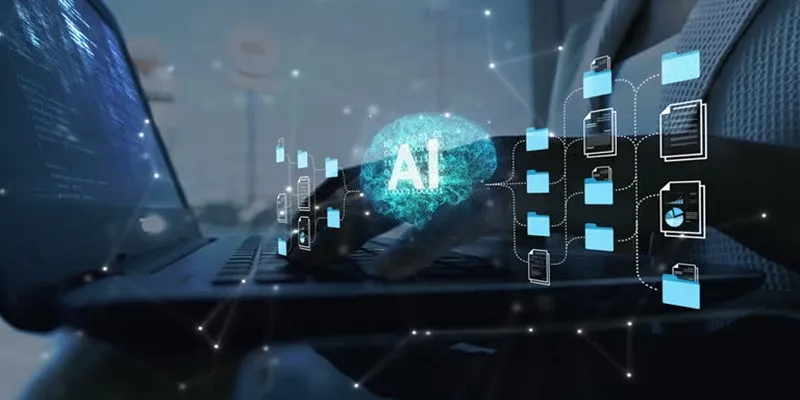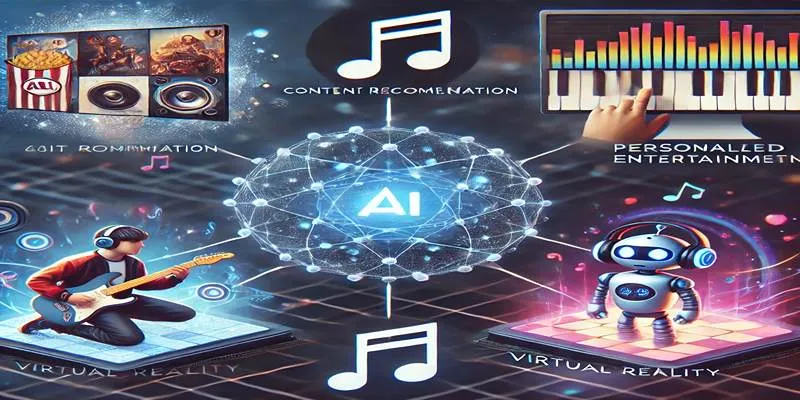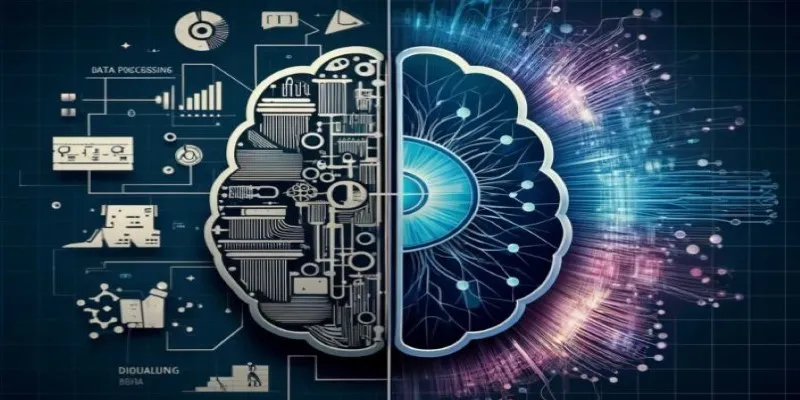The integration of modern silicon with AI-enabled capabilities in Copilot+ PCs is revolutionizing computing. This article explores how AI-powered features and advanced hardware are transforming productivity, simplifying tasks, and offering personalized experiences. We will examine key trends driving this transformation and their potential impact on everyday computing.
Overview of Copilot+ PCs Integration
In recent years, advancements in artificial intelligence and machine learning have transformed traditional computing devices into intelligent systems that learn, adapt, and make decisions. This evolution has given rise to Copilot+ PCs, a new generation of computers optimized for smarter, faster performance through sophisticated hardware and AI capabilities.
Copilot+ PCs are equipped with the latest silicon processors, such as Intel’s 11th Gen Core processors or AMD’s Ryzen series, featuring AI processing capabilities. These processors include AI accelerators like Intel’s Deep Learning Boost (DLB) or NVIDIA’s Tensor Cores, enabling efficient handling of demanding AI workloads.
Key Trends in AI-Driven Copilot+ PCs
AI-powered Copilot+ PCs are setting new standards in computing by delivering exceptional performance, productivity, and personalization. They enhance workflow efficiency while understanding users’ needs. Here are the crucial trends shaping the future of AI in Copilot+ PCs:
1. Enhanced Computing Performance

Copilot+ PCs leverage advanced processors and AI accelerators to handle intensive tasks like data analysis, video rendering, and real-time simulations with incredible speed. This combination of hardware optimization and AI significantly reduces processing times, enabling seamless execution of heavy workloads compared to standard computers.
2. Intelligent Personalization
With advanced AI algorithms, Copilot+ PCs learn user habits and preferences, adapting system settings, suggesting productivity tips, and automating routine tasks to optimize daily workflows. This level of personalization enhances user satisfaction by providing a tailored computing experience that effortlessly adjusts to individual needs.
3. Improved Power Efficiency
These PCs feature energy-efficient designs that reduce power consumption without sacrificing performance. AI-driven power management dynamically allocates resources, optimizing battery life while maintaining robust functionality. This makes them ideal for professionals requiring reliable, long-lasting devices for extended use.
4. Advanced Security Features
AI technologies in Copilot+ PCs bolster cybersecurity with real-time threat detection and prevention. Features like facial recognition, encrypted storage, and behavioral monitoring use AI to safeguard sensitive information, ensuring data security in today’s rapidly evolving cyber-threat landscape.
5. Seamless Connectivity and Collaboration
With cutting-edge networking capabilities, these PCs utilize AI-driven tools to enhance virtual meetings, support smooth multitasking, and improve communication. High-quality audio and video streaming, AI-based noise cancellation, and instant device synchronization enable efficient collaboration from anywhere.
Benefits of AI-Driven Features
AI-driven features in modern PCs are transforming professional workflows by offering unprecedented efficiency, adaptability, and automation. These features streamline processes, enhance creativity, and boost productivity, making them invaluable across industries. Here are the key benefits:
1. Enhanced Productivity
AI-powered features such as intelligent task automation and real-time optimization enable users to complete tasks more quickly and accurately. From automated document creation to predictive text suggestions, these tools reduce repetitive work, freeing up time for critical decision-making and ensuring streamlined processes.
2. Personalized User Experience
By analyzing usage patterns, AI customizes workflows, applications, and settings for individual users. Adaptive brightness, personalized app recommendations, and layout adjustments minimize distractions, creating an ergonomic environment for prolonged, comfortable work sessions.
3. Advanced Security Protocols
AI enhances cybersecurity with real-time threat detection and biometric authentication. These tools monitor systems for unusual behaviors, protecting sensitive data from breaches. Additionally, AI strengthens password management and ensures secure device access, safeguarding businesses against evolving cyber threats.
4. Intelligent Collaboration Tools
With AI integration, collaboration tools are more efficient than ever. Noise cancellation, automatic transcription, and real-time translation enhance virtual meetings. Smart scheduling and seamless document sharing improve teamwork across time zones, enabling smoother communication and goal achievement.
5. Energy Efficiency and Sustainability
AI-powered sustainability features optimize energy usage, extending battery life and reducing carbon footprints. Intelligent power management systems adjust performance settings based on workload needs to minimize energy waste, saving costs and contributing to a greener, more sustainable future.
Potential Challenges
While AI technology offers numerous benefits, it also presents challenges that require careful consideration. Addressing these issues is crucial to ensuring that AI integration remains ethical, secure, and effective for diverse applications.
1. Data Privacy Concerns

One of the primary challenges of AI is maintaining data privacy. AI systems often rely on vast amounts of user data, increasing the risk of breaches and misuse. Organizations must implement stringent security measures, including encryption and regular audits, to protect sensitive information. Transparency in data collection, storage, and processing is essential to building user trust.
2. Bias and Fairness
AI algorithms can be affected by biases present in their training data, leading to unfair decision-making and perpetuating societal inequalities. Ensuring fairness in AI models requires diverse and representative datasets, along with regular validation and monitoring for biased outcomes. Developers must prioritize ethical considerations when designing AI systems to create equitable solutions for all users.
3. Job Displacement
The rise of AI-driven automation raises concerns about job displacement. While AI enhances productivity, it also threatens roles involving repetitive tasks. To mitigate this, governments and organizations should invest in reskilling programs, enabling workers to adapt to new AI-driven roles. Encouraging collaboration between humans and AI fosters innovation and shared success.
4. Dependence on Technology
As AI becomes more integrated into daily life, overdependence on technology poses risks. Technology failures or malfunctions can disrupt operations and decision-making. Maintaining human oversight and developing robust fallback systems are crucial to ensure that technological advancements complement, rather than replace, human judgment and intuition.
Conclusion
AI-powered features in Copilot+ PCs are redefining computing, enhancing performance, personalization, security, collaboration, and energy efficiency. While challenges like data privacy, bias, and overreliance must be addressed, these devices have the potential to drive innovation, productivity, and ethical progress in both work and daily life.
 zfn9
zfn9







